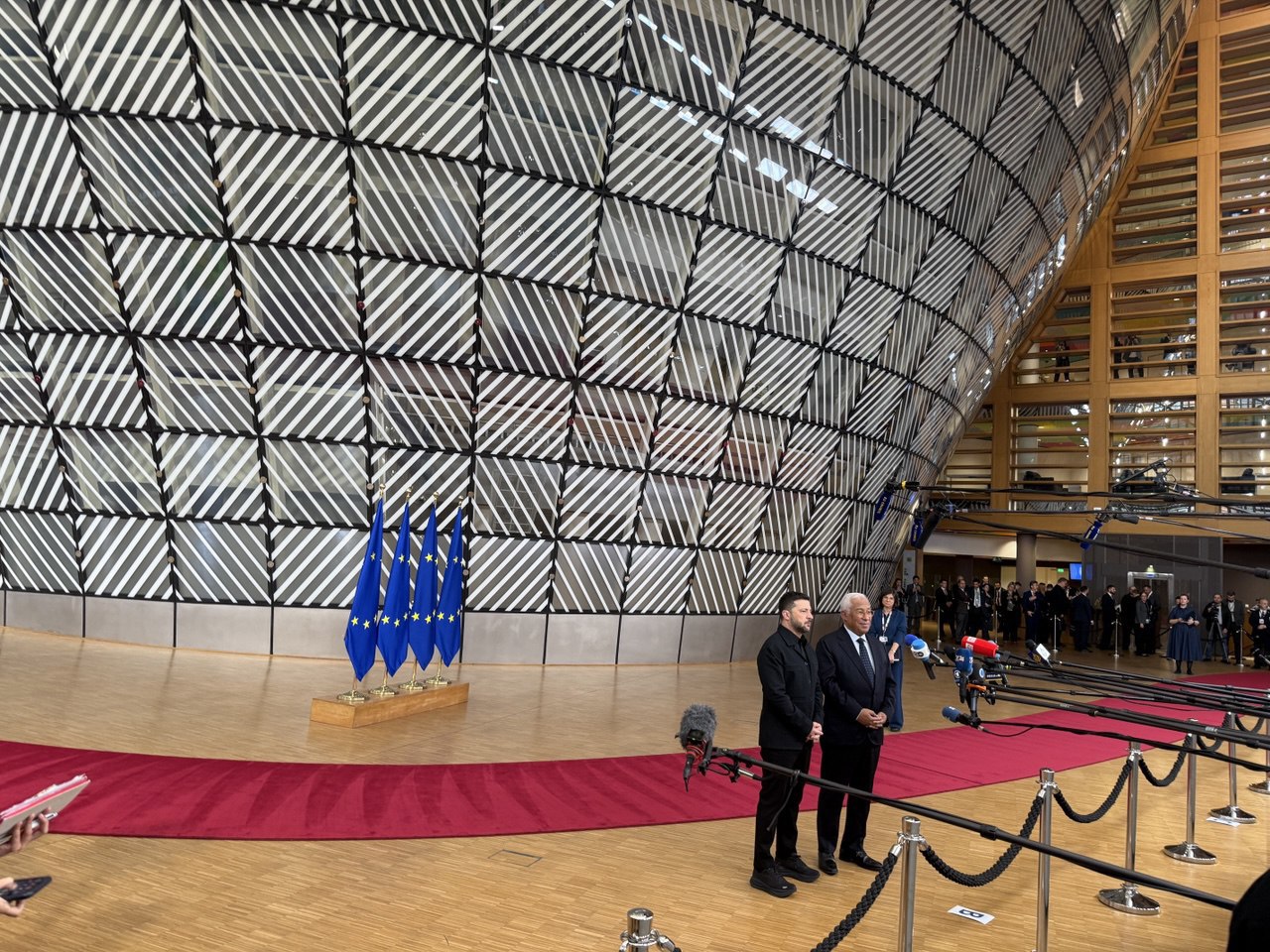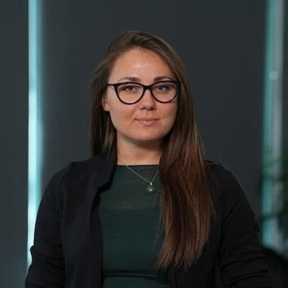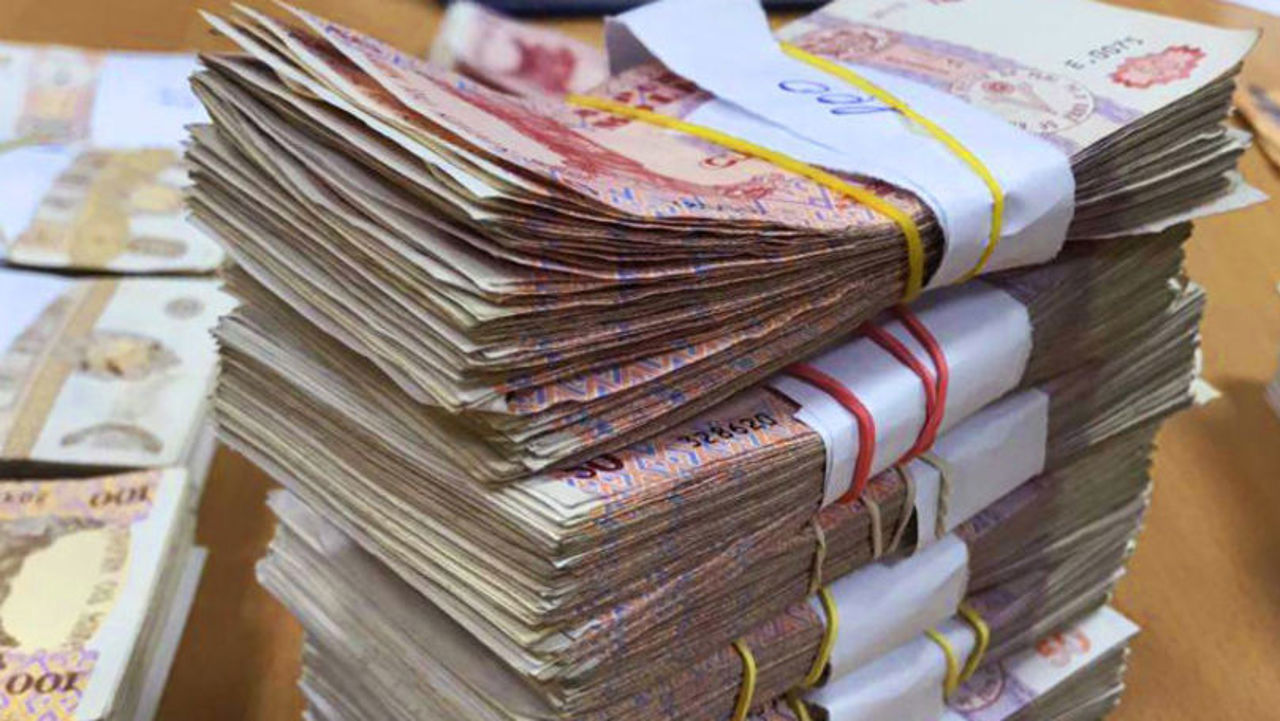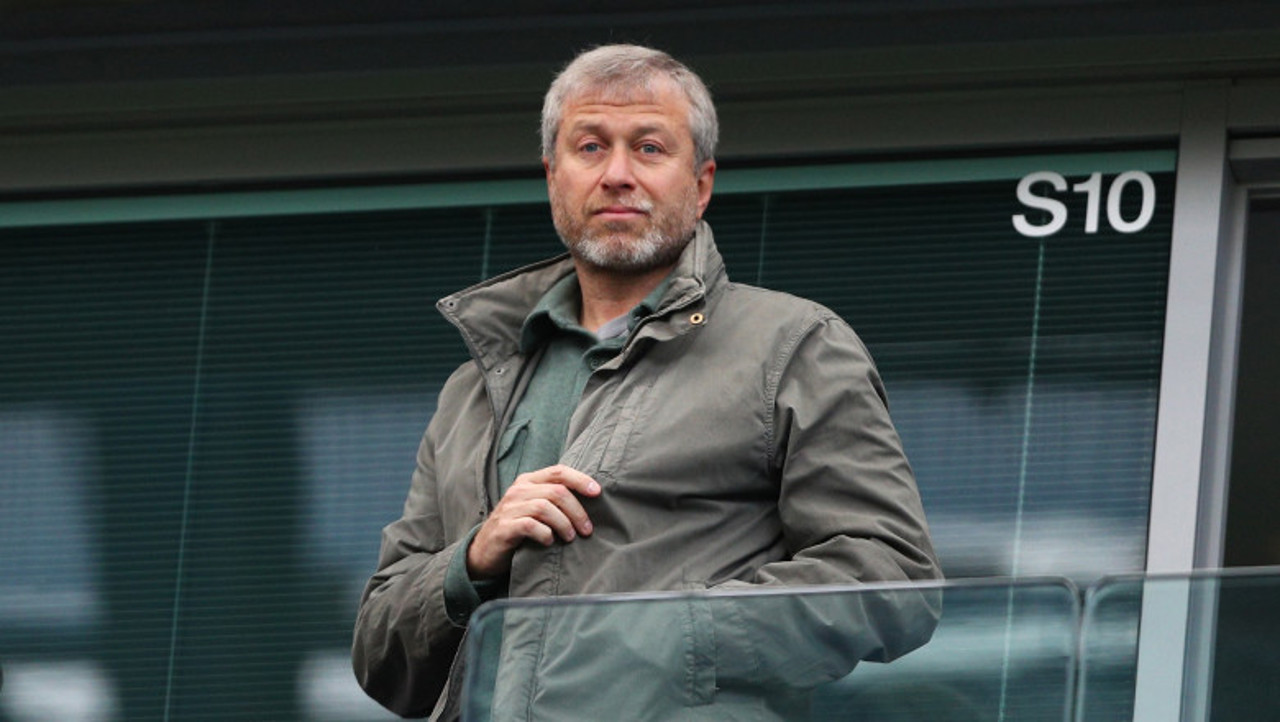German Chancellor Olaf Scholz’s visit to Chișinău and the Metropolis of Moldova's pilgrimages to Moscow: Key highlights
The Republic of Moldova has remarkably managed to withstand all external destabilisation attempts, according to newsmaker.md, citing German Chancellor Olaf Scholz’s statement during his visit to Chișinău.
Scholz reaffirmed Germany's support for Moldova’s European path and commended the progress made in its reforms. “The achievements of your country and its people are enormous. Germany is clear in its support for this European path, as expansion benefits both the European Union and the strategic interests of Germany and Moldova,” Scholz said.
tv8.md reports that Moldova and Germany are set to sign a migration agreement soon. President Maia Sandu announced this during a joint conference with Scholz. The document is currently being prepared. “I believe this agreement will benefit both countries,” said Scholz. This is the first visit by a German Chancellor to Chișinău in 12 years.
Scholz’s visit not only provides crucial support to Moldova during this challenging period but also reflects the respect and recognition of Moldovan leaders' efforts at the European level, according to Moldova 1, which consulted several experts. Natalia Stercul from the Association for Foreign Policy emphasised the visit’s importance for the country’s international image.
Expert Andrei Curăraru views the German Chancellor’s visit as strategically significant, conveying a clear message of support for Moldova’s European path, especially ahead of the EU accession referendum. “Olaf Scholz’s visit demonstrates that Germany’s stance, including on Ukraine, remains unchanged and highlights that Moldova is important. This visit repositions us on the EU and broader European political map. The current level of meetings and interest is unprecedented,” said Curăraru.
Felix Hett from the Friedrich Ebert Foundation remarked, “Given the current political situation, rapid accession is highly unlikely, though the prospect remains valuable.” He suggests that EU accession is the safest route for Moldova to achieve a consolidated democracy. He also noted that Germany may find Moldova’s socio-political stability, particularly regarding organised crime and illegal migration, more significant. Hett believes Moldova’s role in regional security should not be overestimated, given its small army and neutrality enshrined in its constitution.
The Metropolis of Moldova may initiate an internal investigation into the pilgrimages of several priests to Moscow, according to deschide.md. Metropolis spokesperson Ioan Moșneguțu stated that if it is determined that the Moscow Patriarchate organised the pilgrimages without notifying the leadership, it would mean the Russian Church violated the established hierarchy. He added that if priests travel abroad independently, whether for pilgrimage or leisure, they are not required to notify the Metropolis. However, Ioan Moșneguțu emphasised the importance of priests avoiding political actions and propaganda.
Deschide.MD sources report that over 120 priests from the Metropolis of Moldova are expected to travel to Russia between August and September for “pilgrimages” organised by the fugitive Ilan Șor and the Russian Patriarchate. There, church representatives receive “MIR” cards, which offer monthly transfers of 1,000 euros for salaries and “church maintenance.”
Radio Europa Liberă features an interview with Anca Dragu, Governor of the National Bank of Moldova, who is confident that EU accession reforms and forthcoming pre-accession funds “will boost the country’s economic activity.” This is despite the current “somewhat complicated geopolitical context,” the “slightly timid behaviour” of Moldovan economic agents, and the expected decrease in remittances, according to the governor.
When asked if Moldova can survive without external financial assistance, Dragu replied, “Yes and no,” explaining that she does not see “a dependence,” and that external financial flows will decrease over time.
DW.com analyses the campaign to discredit the European Union in Moldova. The publication notes that three groups are simultaneously attacking the EU, the idea of organising a referendum, and President Maia Sandu. The first, most virulent group openly promoting the Kremlin’s destabilisation policy in Moldova is led by the fugitive Ilan Șor. Another pro-Russian group, led by Vladimir Voronin’s communists, is calling for a boycott of the pro-EU referendum. The third group, the largest, includes disgruntled candidates controlled by fugitive oligarchs, unionists, and pseudo-pro-Europeans, according to the publication.
Agora.md presents an editorial debunking five falsehoods about NATO frequently propagated by pro-Russian politicians in Moldova. These include claims that NATO seeks to drag Moldova into military conflict, threatens its neutrality, will establish military bases in the country, and plans to extend the conflict into the Transnistrian region. The author argues that this ongoing disinformation campaign aims to manipulate public opinion and influence political outcomes to benefit forces seeking to maintain Russian influence over Moldova. Pro-Russian politicians spread alarmist myths and blatant lies to incite fear, uncertainty, and distrust in democratic institutions and Moldova’s pro-European orientation.
Declaring a state of emergency in agriculture will not magically solve the problems faced by farmers in Moldova. Realitatea.md presents the views of Minister of Agriculture Vladimir Bolea, who believes there is no single solution for farmers at present. Farmers must negotiate individually with creditors. Furthermore, the minister asserts that agriculture needs to be re-evaluated in light of the climate changes affecting Moldova. Farmers have expressed dissatisfaction with the government’s proposed aid of 100 million lei and have threatened protests.
Nordnews.md reports on a young man from Moldova who allegedly disappeared while fighting on the Russian side in Ukraine. He reportedly enlisted in the Russian army last winter at his mother’s urging, who has been living in Moscow for several years. He was attracted by a salary of 200,000 rubles per month, approximately 40,000 Moldovan lei. Currently, the young man’s fate is unclear; his mother has informed relatives of his death, but she has told journalists he is alive. The report includes opinions from locals and relatives about the young man.
Translation by Iurie Tataru





